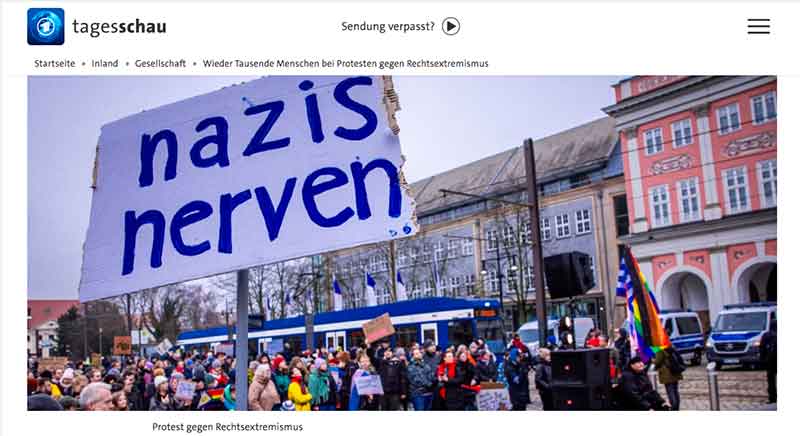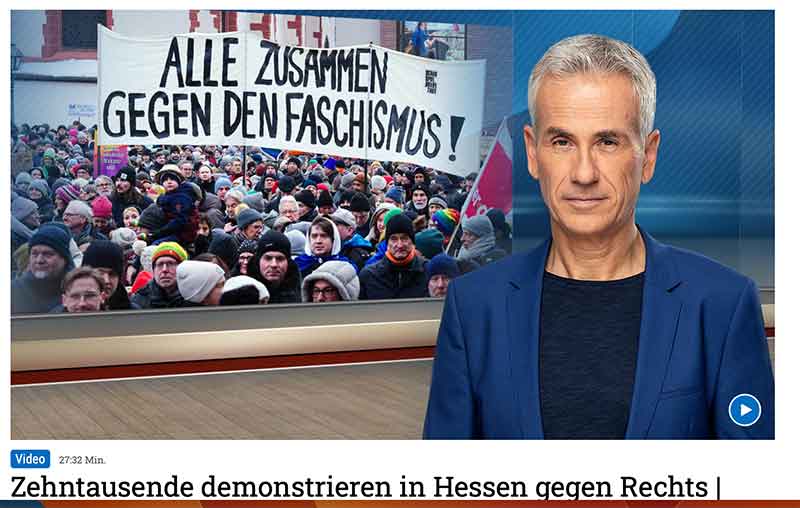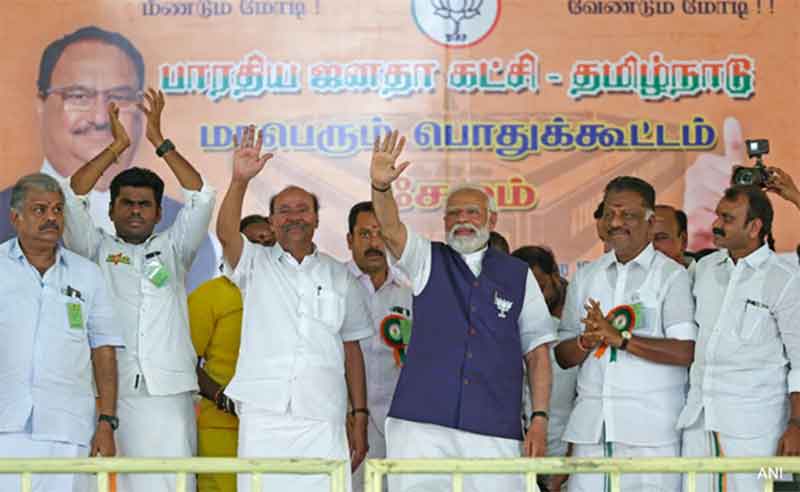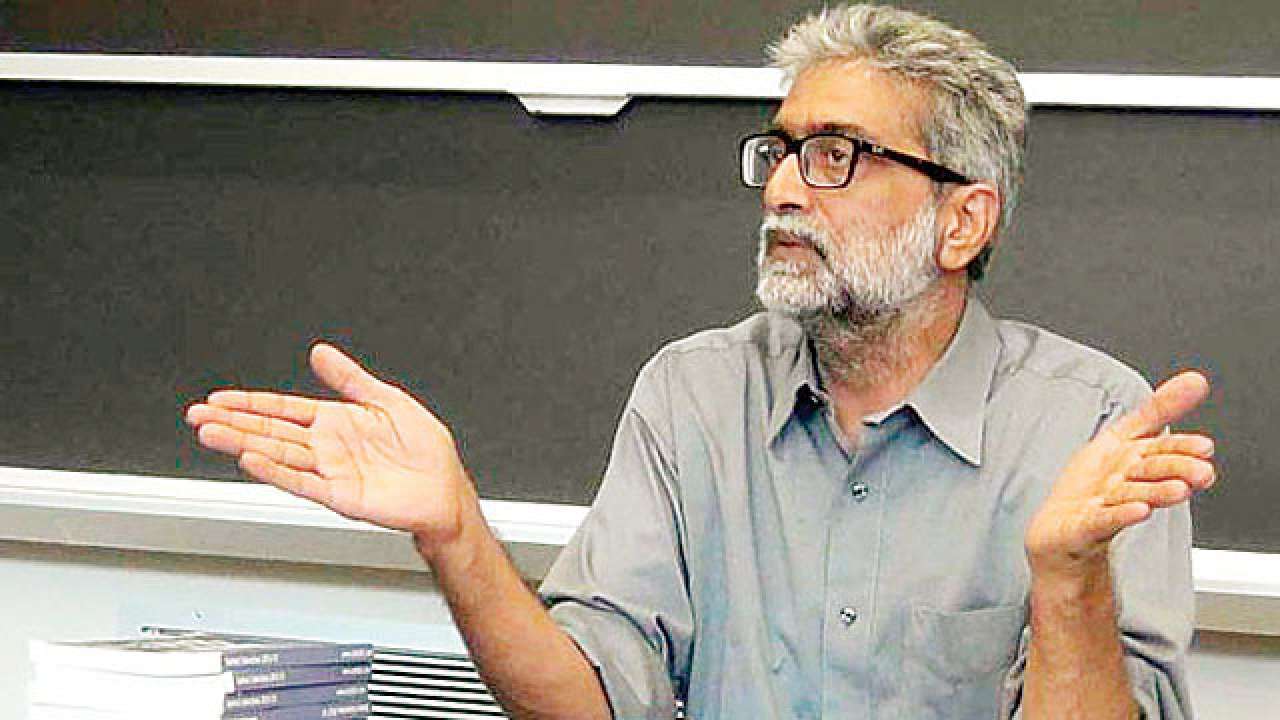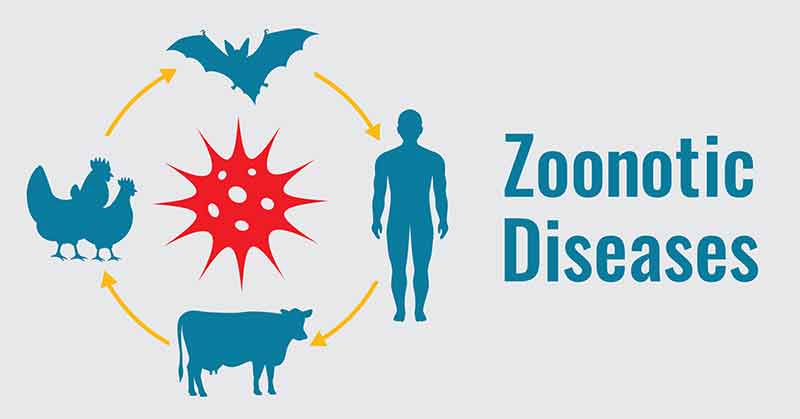
Germany’s youth is moving to the right. It is becoming more conservative, if not reactionary. According to a recent study – Jugend in Deutschland – Germany’s neofascist political party, the AfD is the most popular party among young people below the age of 30 including teenagers and juveniles.
And for the first time in German history, 16-year-old Germans can now vote in the upcoming EU election and many are anticipated to vote for the neofascist AfD
This is the illuminating finding in the aforementioned study “Youth in Germany“. The youth survey is considered one of the most reliable gauges of the current mood among Germany’s young people.
Moreover, the survey found that 22% of young people below the age of 30 will vote for a right-wing populist party. With the AfD currently standing between 16% and 18% of voter support, their support among young people is well above the average.
Meanwhile, with just 20%, Germany’s traditional conservatives – the CDU – follows in second place. In short, almost half – 42% – of Germany’s young people would support either conservatism or right-wing populism.
Even more problematic, Germany’s environmentalists – the Greens – the social-democrats (the once mighty SPD), and the neo-liberal FDP have crashed in support. Germany’s young voters do not seem to support them any longer.
For a long time, political scientists have been observing that governing parties are receiving poor poll ratings throughout their time in office.
Nevertheless, the shocking growth of support for the neofascist AfD during the past two years is most frightening. In 2022, just 9% of people under the age of 30 stated that they wanted to vote for AfD. This has shot up in recent months.
Despite years of AfD scandals – party finances, Wannsee 2.0, the infiltration of Germany’s parliament by up to 100 AfD/Neo-Nazis, and the very recent spying for China, as well as the massive and German-wide anti-far-right rallies against the AfD – the party has more than doubled its support since then.
Yet, Germany’s governing coalition – known as the traffic light coalition – cannot exclusively be blamed for the rise of support for the AfD among Germany’s young people.
If one asks young people and young adults about politics, they would mention present-day hot-button issues like the high inflation – although currently at 2.2% down from almost 9% in 2023 – the wars in Europe and the Middle East, as well as the housing shortage and expensive housing. Paradoxically, youth support for the AfD flies in the face of the following:
- it was Putin who started the war in the Ukraine. Putin is supported by the AfD.
- The housing shortage is an outcome of the free market which the AfD’s neoliberal party programme supports.
- And inflation is down to around 2% – a rather normal level for capitalism.
More important than these issues had been another observation. During the last years, politics, mass media, and online platforms like YouTube, TikTok, etc. have bred a new generation of so-called “protest voters”.
Their political views and ideologies have been manipulated via TikTok, YouTube, online filter bubbles, and echo chambers. These reinforce right-wing prejudice, xenophobia, racism, and crypto-fascistic worldviews.
It is nothing new that Germany seems to have a cross-generational and structural racism problem. The survey of Germany’s young people once again and rather impressively shows this. What emerged is an underlying potential for reactionary, xenophobic, and right-wing extremist ideology.
This is prevalent not just around kitchen tables, pubs, and retirement homes. It is increasingly and most distressingly also found at school yards and, even more disturbingly, on so-called “social media”, i.e. anti-social and anti-democratic online platforms.
Virtually anyone who has ventured onto the German version of TikTok, for example, would hardly be surprised by the findings that Germany’s youth is being flooded with neofascist messages.
On online platforms, right-wing extremist conspiracy fantasies, neofascist ideologies and reactionary role models reach millions of audiences – every day.
This is done, for example, through online accounts such as those of sex-trafficker and hate speech proprietor Andrew Tate as well as those of the AfD politician, Aryan Volksgemeinschafts supporter, and China-spy Maximilian Krah.
Strangely, the racism and sexism in Germany’s far-right and the AfD in no way deters a large part of the young – and mostly male audiences – of PoliTikTok.
On such online platforms, Germany’s right-wing political ideologues have long managed to normalize their neofascist ideology making it acceptable in the digital political discourse. In plain words, it is the “mainstreaming of fascisms”.
Yet, the study confirms the prevalence of right-wing ideologies among young people. In that, xenophobia is never far away. And yet, 30% of young people said that they feel that refugees are taking too much while “needy Germans” suffer. Right-wing populism always sets “them” against the ‘us”.
Right-wing populism needs the enemy even when there is no enemy in sight. Meanwhile, two-thirds of all of Merkel’s 2015 refugees are working today. This is above Germany’s labor market participation of 62%.
Paradoxically, the youth surveys also found that Germany’s young people have a “high tolerance” towards different cultural, religious, and other lifestyles.
Nevertheless, there still is a growing “fear” that too many refugees could mean competition in, for example, a highly competitive housing market or that refugees – somehow – are a threat to the standard of living of young people.
This somewhat contradictory picture isn’t entirely new. One might argue that as soon as a political problem – such as, for example, high inflation, the housing shortage, or rising rents –reaches Germany’s relatively privileged white petty bourgeoisie middle-class, some sections of that middle-class become susceptible to the nationalistic sloganeering of right-wing populism.
This applies particularly to the propaganda of the AfD. From this point of view, the simplistic ideologies of right-wing populism become ever more tempting. Worse, right-wing populists play on a deeply rooted belief in one’s own superiority.
Meanwhile, the idea that young AfD supporters are simply “protest voters” is a false narrative. However, it is a convenient narrative for Germany’s democratic parties and for the media. Yet, it camouflages the actual reality that right-wing populism and why far-right extremism appeals to young people in Germany.
Crucially, for more than ten years, all too many people have been fooling themselves into thinking that AfD voters can simply be returned to democratic parties if one would only address their concerns.
In reality, support for Germany’s right-wing populists – in all age groups, not just among young people – is constantly rising. And this seems to be the case regardless of whether Germany’s conservatives – the CDU – or its social-democratic SPD are tightening migration policy or Germany’s populist neo-liberal finance minister (FDP) is railing against the weak and the poor.
The pretentious semi-populisms of Germany’s neo-liberal FDP follows what the Harvard Business Review calls,
“kick down and kiss upward”.
Whether turbo-charged by conservatives or populists, the study has identified a clear shift to the right. 22% of young people would vote for AfD – that is above the 16% to 18% support in Germany’s overall voting population. Worse, there is a measurable increase in support for the AfD that might be based on a deep-seated mental insecurity of Germany’s young generation.
Rather unexpectedly, such a kind of mental insecurity does not translate into a feeling of personal insecurity when it comes to, for example, crime. According to recent survey by the weekly magazine “Stern”, 83% of Germans feel safe.
While only 16% of all Germans feel unsafe. For Germany’s youth, the number is 13%. Unsurprisingly, 34% of AfD voters feel unsafe. In other words, the feeling of personal insecurity goes with a right-wing worldview and voting for the AfD but not with “being young”.
Independent of feeling safe or unsafe, there still is an overall and significant shift to the right among the younger part of Germany’s population. Worse, the AfD is ahead among the under 30s.
Today, a whopping 22% of Germany’s young would vote for AfD. In 2022, the figure was just 9% and in 2023, it was still 12%. In other words, there is a 9% to 12% to 22% escalation within just three years. This is a significant shift towards the AfD.
Quite clearly, the neofascist AfD has succeeded in offering itself as a “problem solver” party that addresses the concerns of young people. Worse, Germany’s conservatives rank in second place with 20%.
Sadly, the neofascist AfD and the conservative CDU are followed by the environmentalist Greens (18%) – the traditional home of young voters. Whilst the social-democratic SPD ranks at 12%, the neoliberal FDP at 8%, the progressive The Left at 7%, and Sahra Wagenknecht’s BSW at 5%.
Most disturbingly, Germany’s youth seem to trust the conservative/neofascist block with a combined support of 42%. In other words, almost half of Germany’s youth fancies conservatives, reactionaries, or outright neofascists.
At least partly, this can be explained by looking at those who use Germany’s dominant medium through which Germany’s young people receive their news.
On this, a whopping 57% of respondents cited online platforms (social media) as the most important personal information channel for news and politics. Among Germany’s young people, TikTok outperforms YouTube, Facebook, and Google.
Even more problematic, more than 58% of young respondents who favor the neofascist AfD use TikTok regularly. On the use of TikTok in politics, the AfD is way ahead of Germany’s democratic political parties.
Because of the AfD’s successful use of TikTok for neofascist propaganda, many have suggested that Germany’s democratic parties are strongly advised to follow suit to match right-wing disinformation.
It is not at all surprising to see that the youth study documented not just a “deep-seated mental uncertainty” but also a loss of “confidence” in the ability of young people to influence personal and socio-economic developments in Germany.
The AfD and its overpowering dominance on TikTok not only aids this, it is also part of the AfD’s propaganda strategy. The AfD’s far-right apparatchiks know that the more insecure people are, the easier they can be manipulated and corralled into the orbit of far-right ideologies.
Meanwhile, the current – real or fabricated – social upheavals and crises of capitalism seem to overwhelm large parts of Germany’s younger population. One might argue that the young sections of Germany’s populations are particularly affected. Their socio-economic situation is, in general, more uncertain than that of the already established groups. Many of the most affected are still at the beginning of their professional careers.
Job and housing uncertainties can easily be exploited by Germany’s neofascists as they offer simplistic solutions – often presented on short, stylish, and pop-culture like TikTok clips. The AfD has been particularly successful in blaming an increase in refugee intakes for Germany’s ills.
In 2023, 25% of young people see this as the main reason for their problems. In other words, the AfD’s TikTok strategy is working frightfully well. And it is getting even better for the neofascists: in 2024, wherein a whopping 41% have been made to believe that refugees and migrants are “the” problem.
On the upswing, 45% – not even half – of young Germans think that not enough is being done to combat climate change. Yet, a massive 30% think the opposite. Still, 23% say they are willing to refrain from air travel in order to support the environment.
Overall, one relatively clear insight that can be gained from Germany’s youth survey is that prospects of a good life are fading among Germany’s youth. In other words, neo-liberalism is starting to bite. It appears as if the AfD has successfully managed to shift the blame away from neo-liberal capitalism and direct it towards refugees instead.
In other words, capitalism and class are pushed aside in favor of racism and neofascist ideologies. Pushing its racism ever deeper into Germany’s youth, the AfD has mastered the use of TikTok.
None of Germany’s democratic political parties can compete with the AfD on this. Worse, they can also not compete with the AfD on hate speech, nightmarish end of the world scenarios, and sheer negativity.
In other words, the key question for society and for Germany’s democratic parties is how can young people be inspired with a positive vision for the future. Despite its dominance on TikTok and its ability to manipulate Germany’s young people, the neofascist AfD has no progressive vision for the future.
Born on the foothills of Castle Frankenstein, Thomas Klikauer (PhD) is the author of a 975 publications, including a book on “The AfD”.


